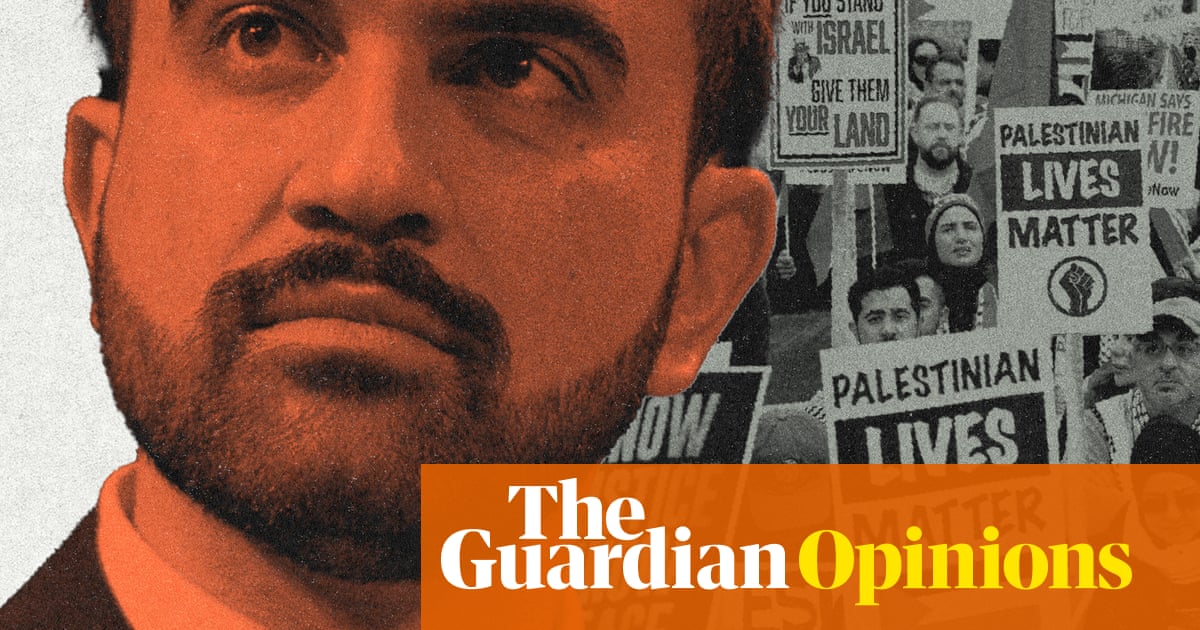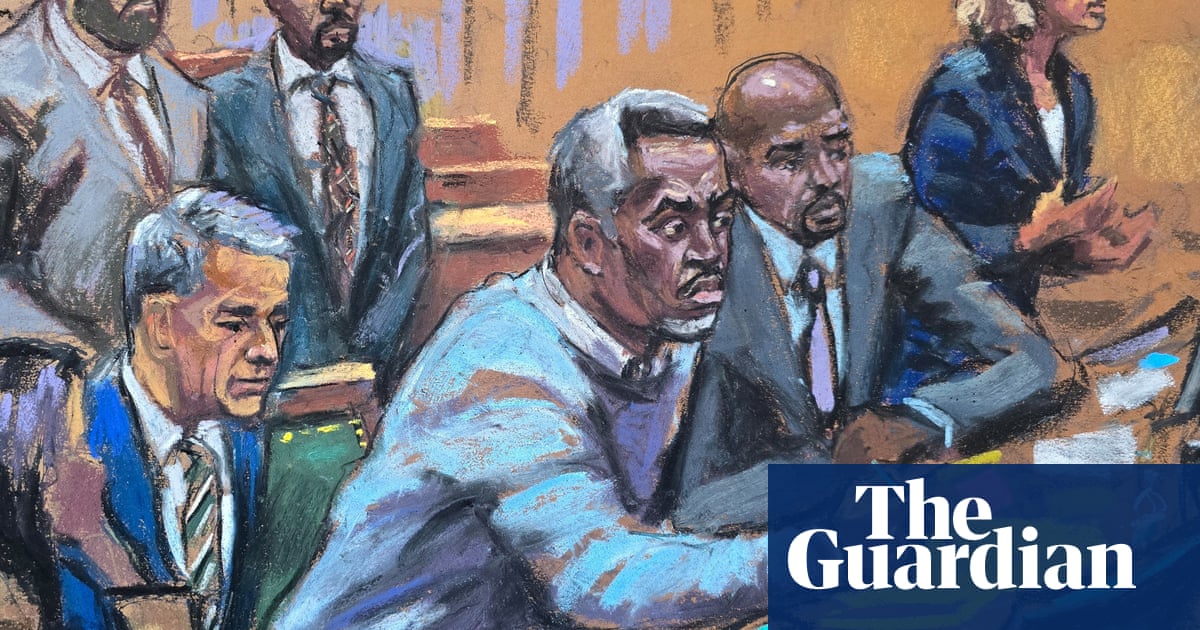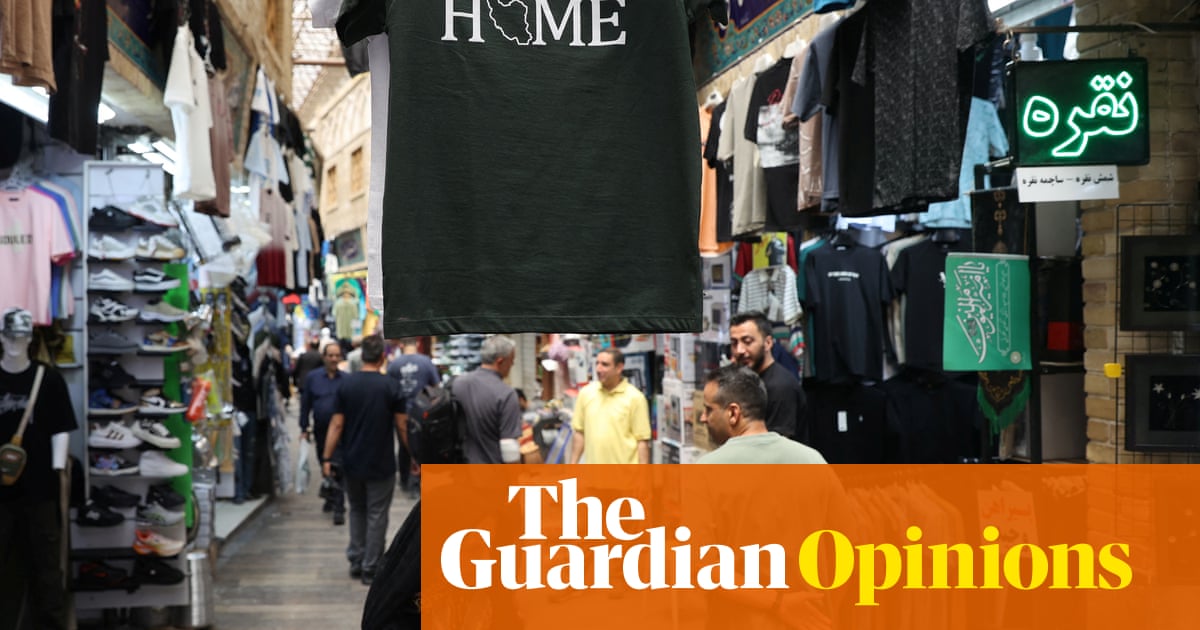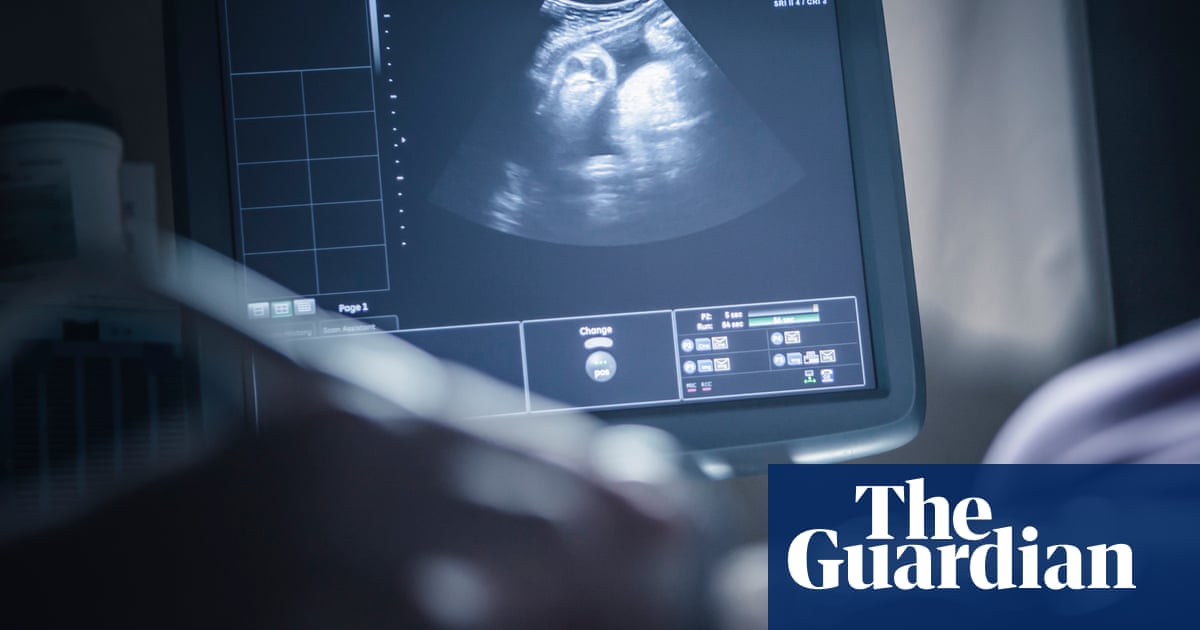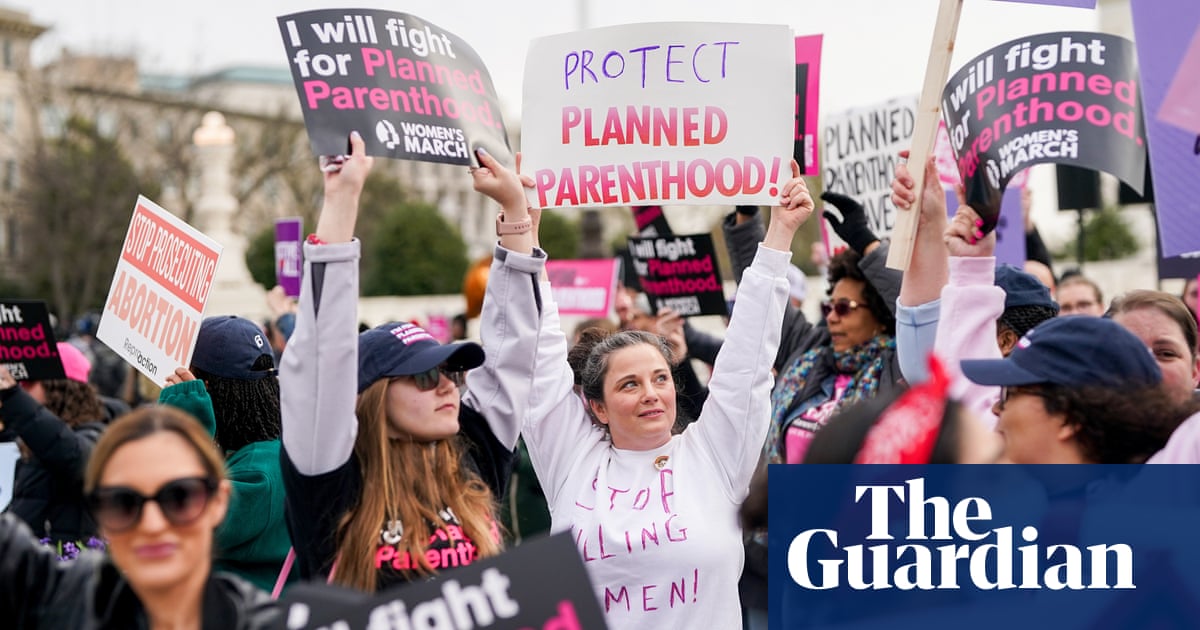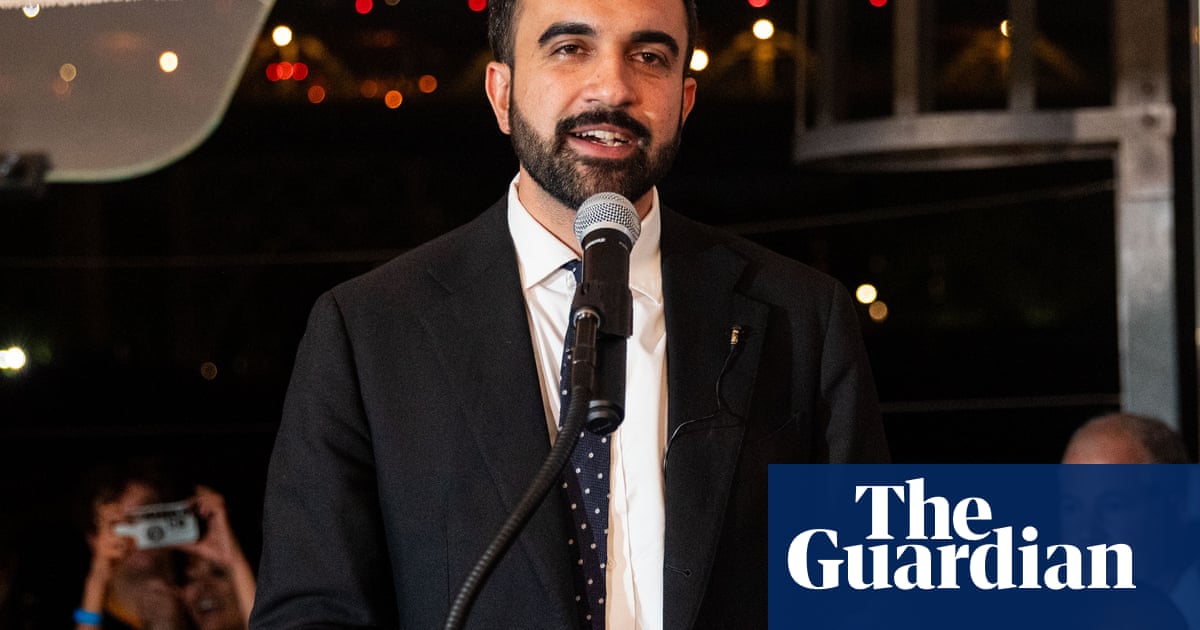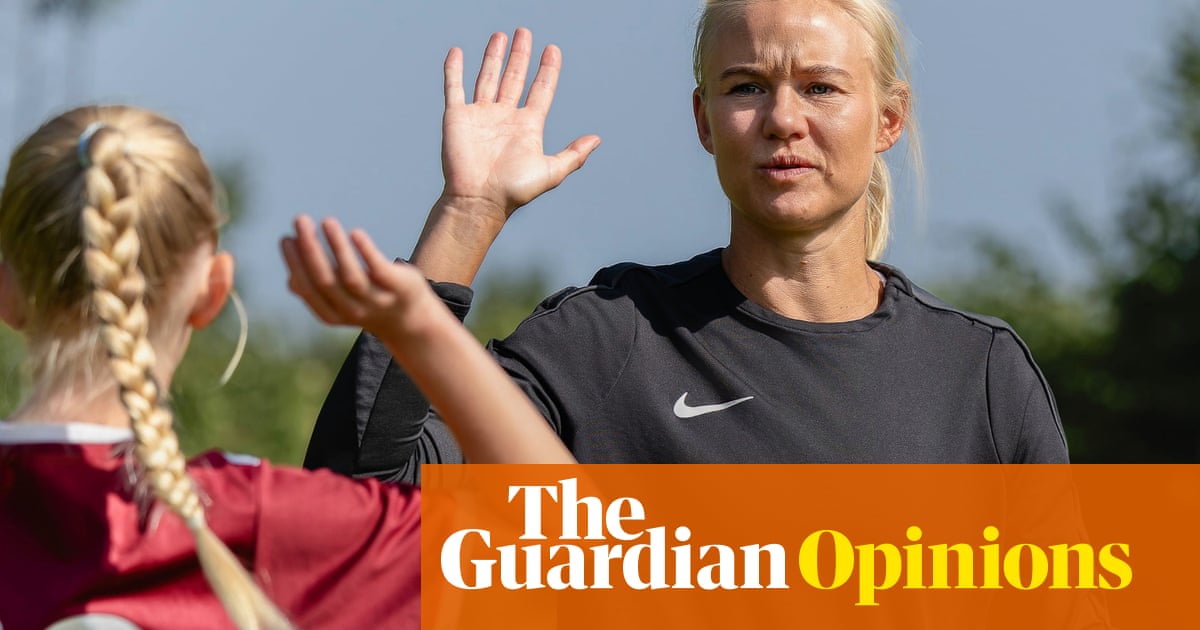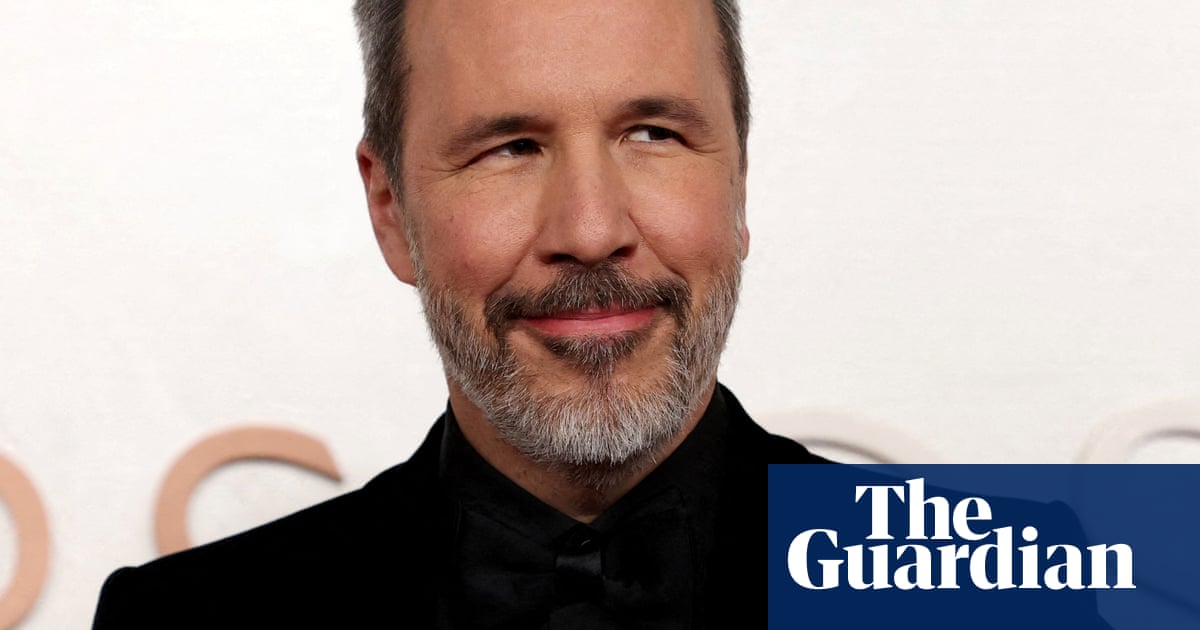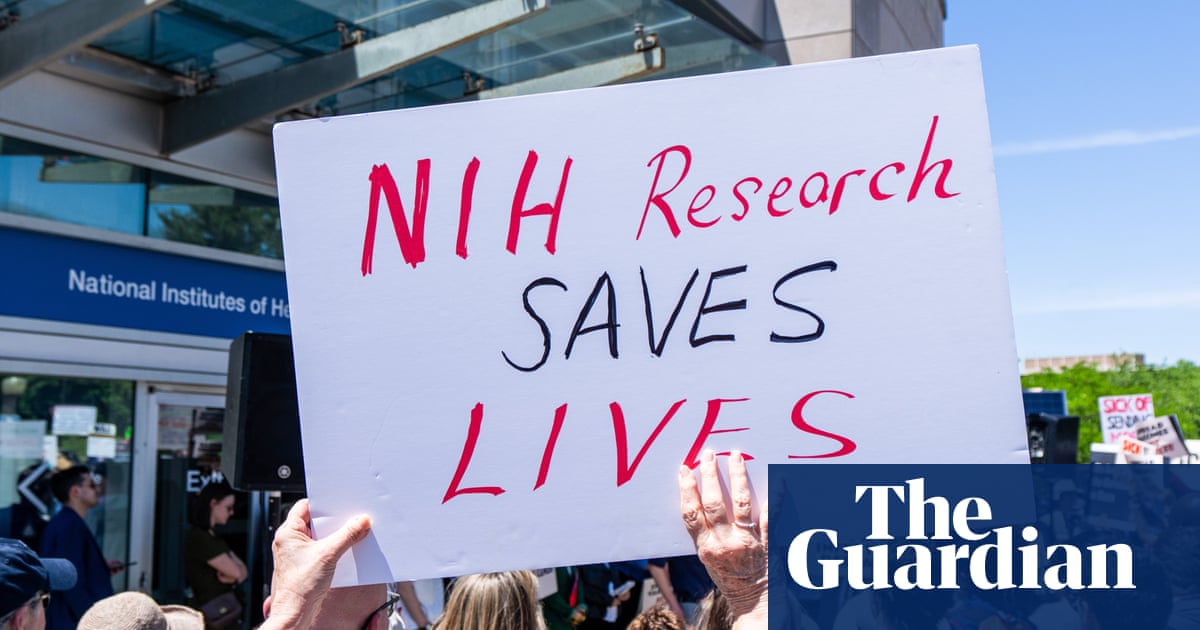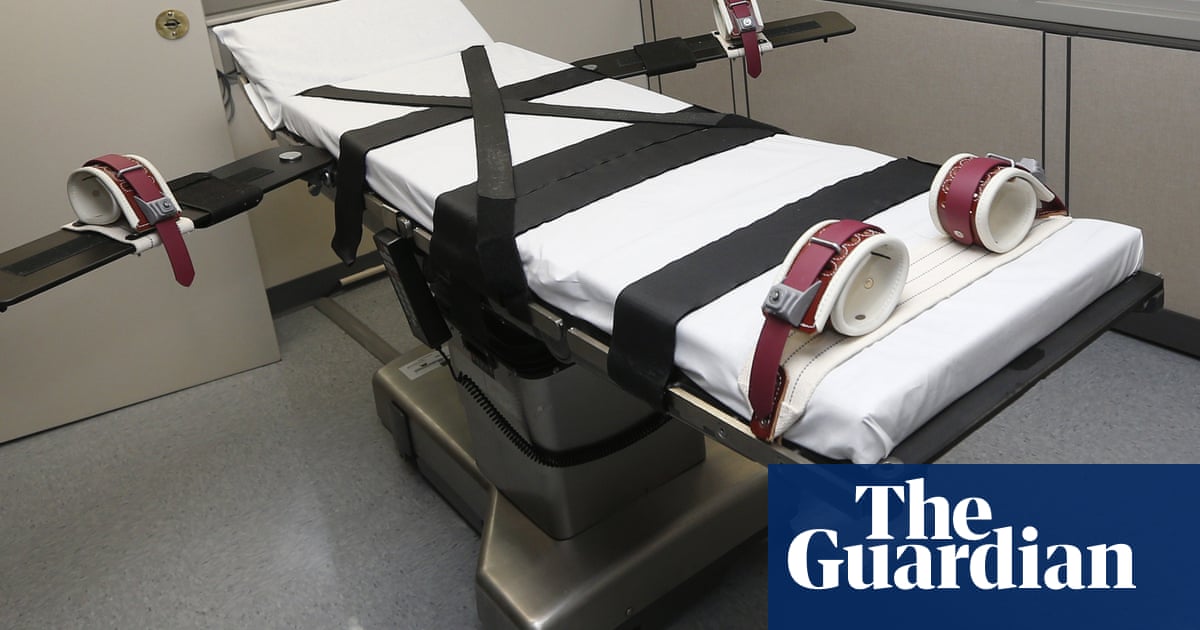PM Starmer thanks UK businesses, says we've 'asked a lot'
Sir Keir Starmer, UK prime minister, has begun addressing the BCC’s Global Annual Conference 2025 at the QEII Conference Centre.
Starmer (who was billed as ‘senior cabinet minister’ on the agenda) is back in London from the NATO summit in The Hague earlier this week.
He tells top business chiefs that the British chambers of commerce which exist across the UK play an important role – in creating jobs, wealth, and tax receipts.
Starmer then thanks UK businesses for the financial contribution they’ve made.
Starmer says the government has been addressing an “unprecedented mess”, and has “asked a lot of you” (a nod to the tax rises in last autumn’s budget).
Update: he says:
‘I fully acknowledge that this year, as we’ve had to fix the foundations of our country, [and] deal with the unprecedented mess that we inherited, we’ve asked a lot of you.
I understand that, and I want to acknowledge that.
It has made a huge difference.
Because of it, Starmer says, money has gone into the NHS and brought waiting lists down, invested in the skills of young people, and into building new homes, roads, and infrastructure.
They are all vital for the long-term growth of our country. But none of that would have been possible without your contribution.
[nice words, but businesses didn’t choose to pay higher national insurance contributions, and – as flagged earlier – they are demanding no more tax rises]
Key events Show key events only Please turn on JavaScript to use this feature
Bailey: UK growth likely to grow at a more moderate pace
Bank of England governor Andrew Bailey then warns the British Chambers of Commerce that UK growth is likely to slow to a “more moderate pace” over the coming quarters.
Bailey explains that the 0.7% growth in January-March was stronger than expected, but partly due to one-off factors.
He says:
First, the unexpected strength in the first quarter was driven by strong outcomes for volatile components of GDP in the monthly figures for March. This was possibly a result of front-loading of activity ahead of increases in Stamp Duty Land tax and Vehicle Exercise Duty, and with a temporary boost to trade ahead of the imposition of new tariffs on exports to the United States. Consistent with this, monthly GDP contracted by 0.3% in April.
Second, looking at the expenditure components of GDP, while business investment was strong in the first quarter, businesses tell us that heightened uncertainty and a weak demand outlook are weighing on investment intentions. That could point to slower investment over coming months – although how it pans out remains to be seen, and again I was encouraged by what the Prime Minister had to say earlier.
And, while real household incomes have risen quite strongly, consumption has not followed suit. The household savings rate, in other words, has gone up – and to quite a high level compared to past experience. We have not seen evidence yet to indicate any decline in the saving rate, with the implications that carries for consumption.
The governor of the Bank of England is warning UK businesses that they are at risk from “elevated global uncertainty”.
Speaking to the BCC’s annual conference in London today, Andrew Bailey says:
There is a lot going on in the world around us. Escalation of the conflict in the Middle East drove up energy prices in the past few weeks but in the last few days they have come back down again. Global trade policies remain unpredictable. These are things that weigh on the global economy.
Bailey then warns that the UK economy’s potential growth has slowed in recent decades – from an estimate of over 2.5% in the period from 1990 to the financial crisis, to just 1.25% since.
Raising the potential growth rate of the economy is one of the most important challenges facing us as a society today, Bailey insists, saying this is the only way to sustainably lift the standard of living.
Bailey also gives Keir Starmer some credit, saying:
Growth also requires strong institutions and public policies to provide a supportive environment. I welcome the Government’s strong commitment to growth and its initiatives to strengthen the UK’s relations to our trade partners.
The Prime Minister’s messages this morning were very positive and welcome news, setting out a course that can unleash further investments that will make a real difference to the UK economy.
Jes Staley fails to overturn ban for misleading watchdog over Epstein links
Newsflash: Jes Staley, the former CEO of Barclays, has failed to overturn a ban on holding senior management roles in the financial services industry.
Staley has lost a legal challenge against the UK regulator, leaving him banned from the City for life for misleading the watchdog over his relationship with the convicted sex offender Jeffrey Epstein.
Here’s the full story:
BCC: The reality of British business is hard, relentless and knackering
The British Chambers of Commerce were also reminded about the financial burden which the Starmer governent has put on businesses.
BCC director general Shevaun Haviland told today’s conference that she hears “frustration, irritation and exasperation” from companies around the country, as the economy continues to struggle.
She added:
The reality of British business is hard, it’s relentless, it’s knackering, it’s being endlessly creative, its seven days a week....and it’s absolutely essential for the UK’s future prosperity.
So, it’s not been helped by the Treasury demanding that business plug the black hole in its finances.
Haviland added that the size and scale of the rise in National Insurance Contributions took businesses by surprise; it has driven down consumer confidence, and contributed to a third of companies either making staff redundant or considering it.
Spain's PM says Trump tariffs threat is 'doubly unfair’
While Keir Starmer has the comfort of his trade deal with the US, other leaders are still scrambling to make progress ahead of Donald Trump’s 9 July deadline.
That’s the date when high tariffs may be imposed, unless countries have reached agreements with the US.
The Spanish prime minister Pedro Sanchez has been dragged into a spat with Trump, after he struck a deal with Nato to avoid raising Spain’s military spending to 5% of GDP, as other members have pledged.
Trump is unhappy about this, declaring last night that he will make Spain “pay twice as much” in new tariffs.
The US president said:
We are negotiating with Spain on a trade deal and we will make them pay twice as much. I’m actually serious about that.
“I like Spain. It’s a great place, and they’re great people, but Spain is the only country, out of all of the countries, that refuses to pay. They want a free ride but I am not going to let that happen.”
Sanchez has hit back, calling Trump’s threat “doubly unfair,” as Spain actually runs a trade deficit with the US.
He told reporters in Brussels:
“Europe and the world have been suffering from a trade war, from tariff measures that we have considered — at least in Spain — from the first minute as unfair and also unilateral.
In the case of Spain, they’re doubly unfair.”
BCC chief calls for 'responsive' fiscal rules
Keir Starmer was followed onto the stage at the QE2 centre by Shevaun Haviland, director general of the British Chambers of Commerce.
As expected, Haviland urged ministers not to hit businesses with further tax rises for businesses in the next budget.
She also added her voice to the debate on Rachel Reeves’s focus on fiscal rule forecasts, insisting that these fiscal rules need to be “responsive”.
Haviland says:
“There must be no further tax increases on business in the autumn budget.
“Business leaders are resilient, but they are also flexible.
“Some of our well thought-out business plans sometimes no longer meet our needs. When the facts change, so do we.
“And the Government needs to take the same approach.
“If the UK economy is subject to any further economic shock, such as a sustained spike in oil prices, then we need fiscal rules that are responsive and protect business investment.”
Earlier this week the Bank of England governor, Andrew Bailey, warned against “over-interpreting” the Office for Budget Responsibility’s forecasts.
If those forecasts were to move against the chancellor, she could feel pressure to raise taxes or cut spending to keep within her fiscal rules (which include having debt falling in five year’s time).
As Bailey pointed out, “There is a danger in over-interpreting a five-year-ahead forecast.”
Financial watchdog considering scrapping protections against repossessions

Kalyeena Makortoff
The City watchdog is considering scrapping rules meant to protect struggling homeowners from having their homes repossessed, as prime minister Kier Starmer pushes regulators to remove red tape for businesses.
The chief executive of the Financial Conduct Authority (FCA), Nikhil Rathi, said the much-lauded mortgage charter, introduced just two years ago, was up for review as the body tries to address criticism for allegedly hampering economic growth.
“The Chancellor sees the regulatory system as having regulated for risk, not growth. So we’re engaging seriously with this feedback, and we continue to make changes at pace,” Rathi told TheCityUK annual conference in London on Thursday morning.
“Take mortgages – I have raised with the prime minister and the Chancellor the mortgage charter. It was designed for a period of sharply rising interest rates. But could it now be retired, with the [Consumer] Duty in place, repossessions lower, the maturing risk mindset?
Do we need this duplicative approach, with the added reporting burdens it brings? So as we at the FCA review the mortgage market fundamentally, what signal does it send about political risk tolerance if the charter is retained?”
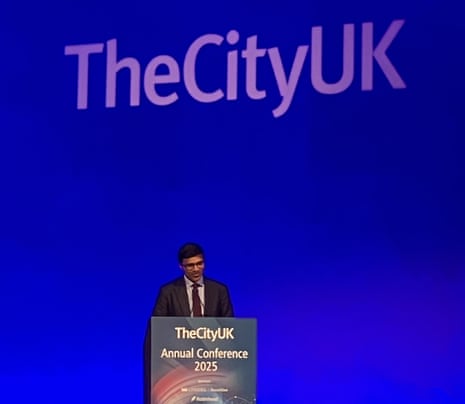
Repealing the mortgage charter would mean that homeowners would no longer have access to a safety net that effectively gave them a a 12-month grace period before their home is repossessed.
The charter means signatories have pledged the following:
-
No home will be repossessed within 12 months of the first missed payment.
-
Customers can seek advice from their lender without it affecting their credit score.
-
Customers can switch to an interest-only deal for six months; or extend their mortgage term and revert back within six months if they want. Neither option requires an affordability check or will affect their credit score.
Here’s a video clip of Keir Starmer telling businesses that their contribution has made a “huge difference”:
'I fully acknowledge that this year, as we've had to fix the foundations of our country and deal with the unprecedented mess that we inherited, we've asked a lot of you'
PM Sir Keir Starmer speaks at the British Chamber of Commerce
Latest: https://t.co/KT8KHV9N1I
📺 Sky 501 pic.twitter.com/v9fq9AxyUi
Plus, here’s the PM talking about the opportunities for businsses from recent trade deals:
Starmer: I'm a 'leaner-in' on AI
Starmer is then asked how the government can help unlock and unleash technology and innnovation in the UK.
He cites the government’s push to reform planning rules to make it quicker to get permission (citing a house in York that took 25 years to get built).
And he also points to artificial intelligence, saying there are two stances:
You can either be forward leaning, and see AI as a huge opportunity that’s going to transform our businesses, large and small.
Or you can lean out and see it as a bit of a risk, be cautious, and put a lot of regulations around it.
I’m a leaner-in, Starmer insists, adding “I think it’s going to be transformative.”
He concludes by calling for “a true partnership” between government and business, saying:
Business should run business. Government should partner business by creating the conditions which makes it easier for businesses to run their businesses.
Starmer defends employment right bill
Q: Do you “fully get” the concerns that businesss have about the employment rights bill?
Keir Starmer says he does, as businesses “don’t hold back” when they raise concerns.
But he adds that many people recognize that a secure, protected workforce is good for business, and drives up productivity.
Most of what is in the employment rights bill is done by good businesses, and is good practice anyway, he argues.
Starmer pledges to keep working with businesses about the bill, but he doesn’t sound close to a u-turn.
He insists that “I firmly believe that a well-respected, well-protected workforce is an essential ingredient” to creating economic growth and productivity.
[Explainer: the bill introduces reforms such as banning zero-hours contracts, ending fire-and-rehire, and introducing “day one” protections from unfair dismissal.
Polling suggests it could substantially increase Labour’s popularity with Reform and former Conservative voters.
Critics, though, say the measures will cost businesses money and push up job losses]
Starmer: A period of global conflict like we haven't seen in a long time
Keir Starmer then takes questions.
Q: How concerned are you about the economic impact if there is a renewal of violence in the Middle East?
Starmer points out there has been an immediate impact on oil prices (downwards) since the Israel-Iran ceasefire was agreed at the start of the week.
He expains that one reason for his push for clean power, and renewable energy, is to achieve energy security.
Starmer adds that he thinks we are “living in a period of global conflict….the like of which we haven’t seen in a very long time.”
The world is more unstable, he adds.
Starmer: Britain will be global champion for free trade
Starmer ends his speech by telling the British Chambers of Commerce’s annual conference that he is determined that Britain becomes “the global champion for free trade”, and promises to back British business.
Starmer hails 'hat trick' of trade deals
Starmer then toots his own trumpet (or possibly waves his own rattle) over the three trade deals the UK has arranged in recent months, with India, the United States and the EU.
Starmer, a notable football nut, says this is his first hat trick since his children were seven years old, and he could still get the ball past them.
So I’m going to take this particular hat trick.
Starmer says the CEO of carmaker Jaguar Land Rover, Adrian Mardell, made it “crystal clear” that thousands of jobs across the West Midlands had been saved by the US trade deal, which brought down tariffs on UK car exports.
The PM tells UK businesses that these deals are a “transformation” of the UK’s global brand, explaining:
They said it wouldn’t be possible to get a US deal. It wouldn’t be possible to get an EU deal. If you had a US deal, you had to choose between the two. And it certainly wouldn’t be possible to get an India deal.
But, we’ve been able to get them, and that is brilliant for Britain and brilliant for you. And we’ll go forward from here.
Starmer: we’ve got to stop doing that British understatement thing
Keir Starmer then tells UK businesses we need to “stop doing that British understatement thing”.
He says he’s optimistic about creating the best possible conditions for UK businesses to succeed, while conceding that he knows “the trading environment is not easy”.
Starmer insists he’s fighting for businesses, adding:
But together, I do believe we’ve got to stop doing that British understatement thing. And we do it all the time, including me.
Believe you me, this is a great moment to get on the phone to the world and say, take another look at Britain.
Starmer adds that Jensen Huang, the CEO of chipmaking giant Nvidia, told him that “Britain is in a Goldilocks situation on AI”, and ready to take off.

 4 hours ago
4
4 hours ago
4
